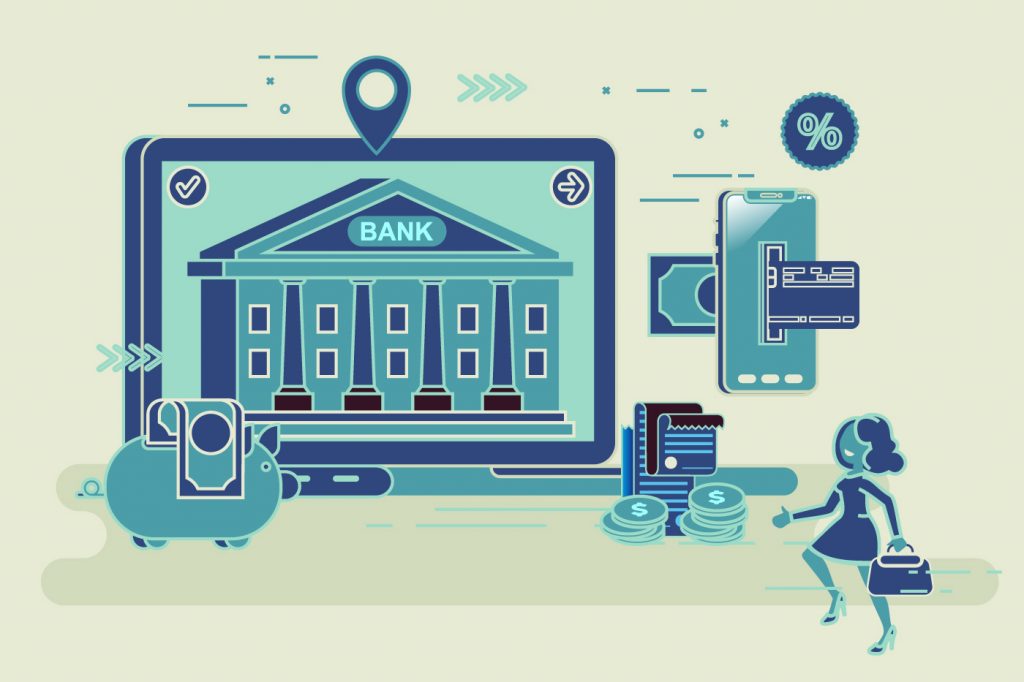On Winning The Digital-Banking Race
Committed to the continuous professionalisation of the Malaysian banking industry, the Asian Institute of Chartered Bankers (AICB) launched its Empowering Bankers Webinar in March this year and recently kicked off a joint Digital Banking Series with PwC on 20 May 2020.
Moderated by AICB CEO Prasad Padmanaban, close to 300 members attended the inaugural digital series titled ‘Digital Banks – Why Will They Matter?’, with speakers Marcus von Engel and Ching Chuan Ong, Financial Services Consulting Leaders at PwC Malaysia.
The interactive discussion mapped the dynamics of the global banking landscape, the strategies and technologies deployed by digital banks, and the potential of digitalisation to open up new markets, in particular the underbanked and micro-SME segments, which are ripe for the picking.
Highlights include an overview of Bank Negara Malaysia’s digital banking licence plan vide the Licensing Framework for Digital Banks – Exposure Draft and tips (reproduced below) on wresting the opportunities ahead:
- Build and nurture trust with your customers in data privacy, security, and brand reputation;
- Capitalise on Malaysians’ openness to new things by bringing world-class experience to an emerging market;
- Empower customers to better manage their finances with innovative access to personalised information and services; and
- Introduce distinctive digital and lifestyle services, which in Malaysia is not always easily available.
No Longer Cryptic Over Crypto?
On the digital currency front, the possibilities of centrally backed digital assets have captured the imagination.
In January, the European Central Bank (ECB) released one of the most comprehensive working papers on integration of cryptocurrencies into the financial system, titled Tiered CBDC (Central Bank Digital Currencies) and the Financial System. This comes after the idea was floated last year about an ECB-backed digital currency, primarily to counter the disruptive effects of Facebook’s own cryptocurrency, Libra.
The US Senate has also introduced legislation, the Banking for All Act, proposing that the Federal Reserve create fiat-backed digital dollars in order for the government to disburse its US$2.2 trillion (RM9.6 trillion) stimulus package to average Americans. It’s estimated that one out of every 14 households have no bank account or address for the government to disburse its US$1,200 coronavirus aid cheques.
China announced in late April the launch of a national blockchain platform, believed by many to be the precursor to a central-bank backed cryptocurrency termed DCEP.

